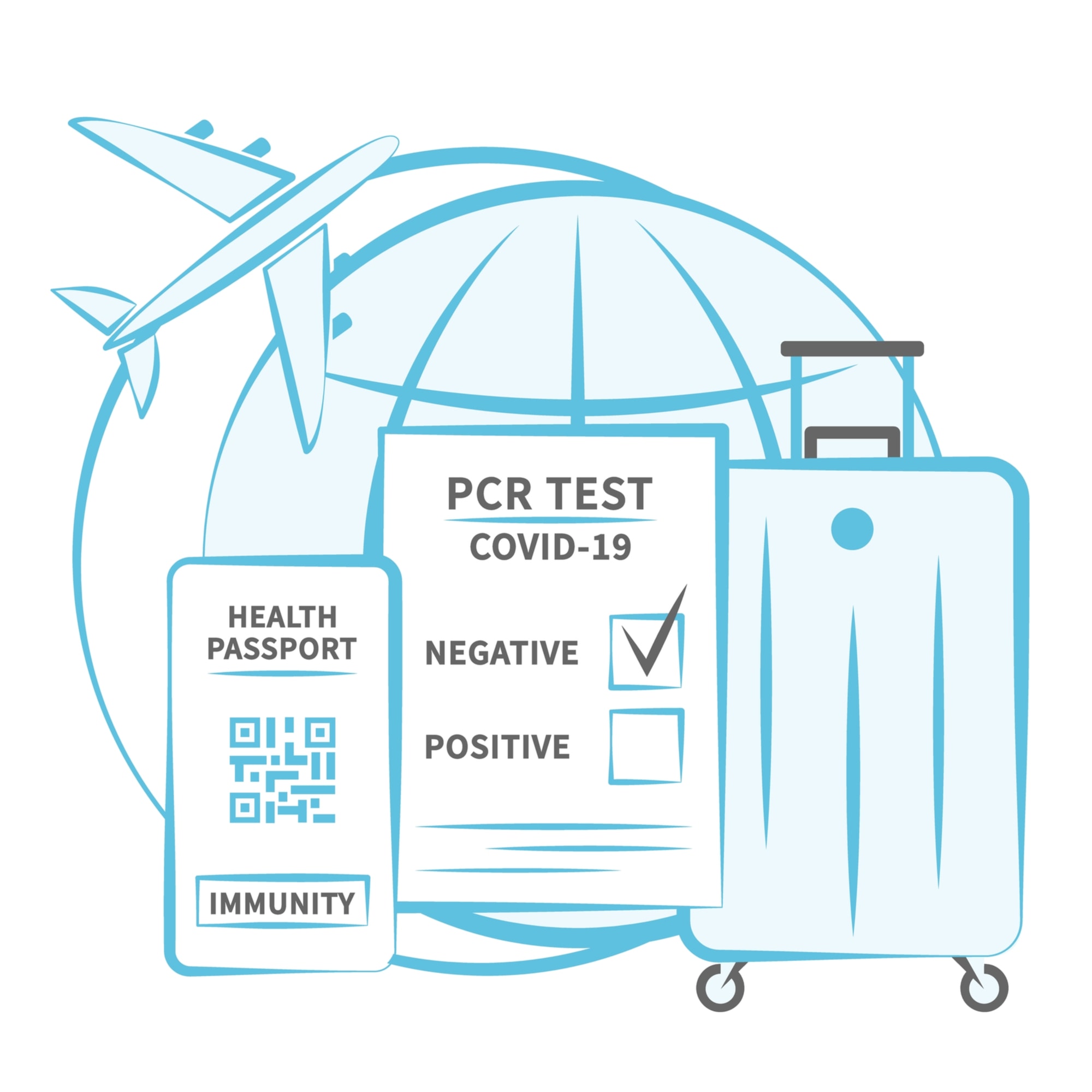By: Richard Hanus, Esq.
Published October 18, 2021
U.S. immigration law is confusing enough. Add the pandemic to the mix and the confusion increases exponentially. When it comes to foreign national entry into the U.S., a mish mosh of COVID related restrictions have been set in place over the past 21 months both from the U.S. side as well as via foreign nation restrictions. Factor in COVID related delays at U.S. consular posts across the world – stemming from severe staffing reductions – and international travel these days can present as an endlessly blurry picture.
One component of this discussion is set to change in a big way come November 8, 2021 when restrictions on fully vaccinated international travelers will be lifted, such as foreign nationals entering as tourists, international students, or on work visas. The restrictions have been in place for millions of foreign nationals seeking entry into the U.S. since COVID’s outbreak last year, impacting travelers from China, Canada, Mexico, India, Brazil, various parts of Europe and other nations. Additional restrictions have also been in place at land borders with Mexico and Canada for non-essential travel from our neighboring countries.
Under the new rule easing entry, international travelers who have received one of the vaccines approved by U.S. authorities OR the World Health Organization will no longer be blocked from entry or subject to quarantine. Details are still being finalized regarding who will qualify for an exemption to the vaccine requirements, such as children under the age of 18. Further, the question of which non-U.S. approved vaccines will be accepted (like Astra Zeneca, or combination doses) has yet to be resolved.
Among the most significant portion of international travelers to benefit from the eased restriction are those entering from the 26 “Schengen region” European countries such as France, Germany, Italy, Spain, Switzerland, Greece, Britain, Ireland, along with others such as China, India, South Africa, Iran and Brazil. Up to this point, those without U.S. citizenship or lawful permanent residence and who were present in those nations, were restricted from entry into the U.S. for no less than 14 days.
Foreign nationals traveling to the U.S. by air will be required to present proof of vaccination along with a recent negative result on a COVID test within the 72 hour period prior to boarding a flight. For foreign nationals seeking entry into the U.S. via land border, only proof of vaccination and without a recent negative COVID test, will be required.
Americans traveling overseas must still show proof of a recent negative COVID-19 test, and unvaccinated Americans will face stricter testing requirements. They will also be subject to restrictions in countries they plan to visit, which may include quarantines.
International travelers to the U.S. can also count on new contract tracing protocols to be put in place, with personal information like cell number and email addresses being collected by U.S. authorities upon entry into the U.S.
Additional steps toward further eased restrictions are expected to be phased in over the coming months, and details and developments will continue to be featured in this blog.
PUBLISHED October 18, 2021– “IMMIGRATION LAW FORUM” Copyright © 2021, By Law Offices of Richard Hanus, Chicago, Illinois

